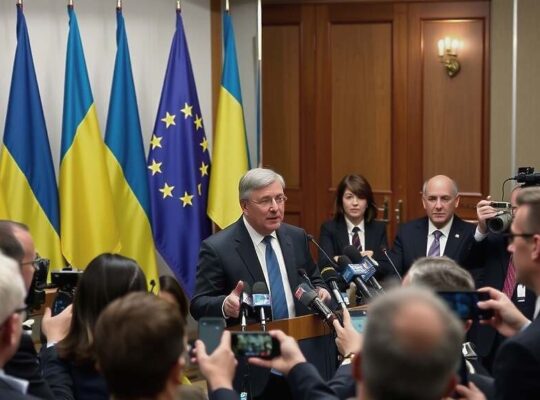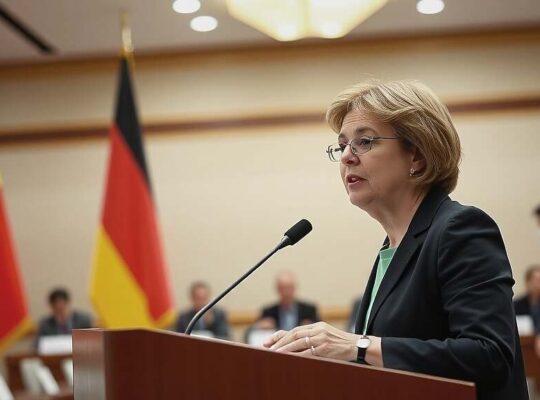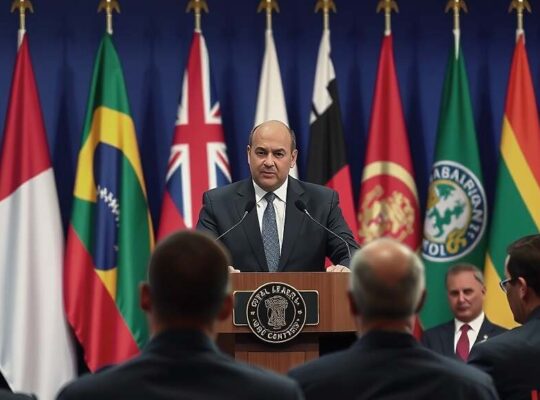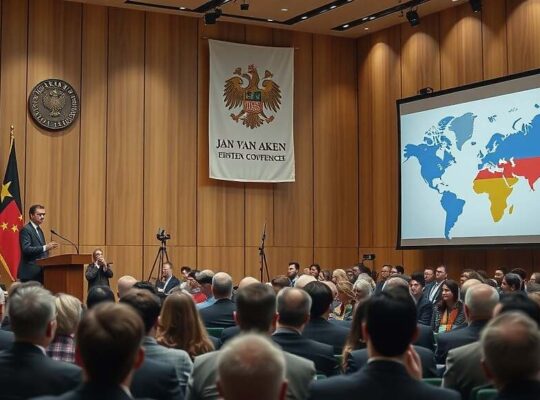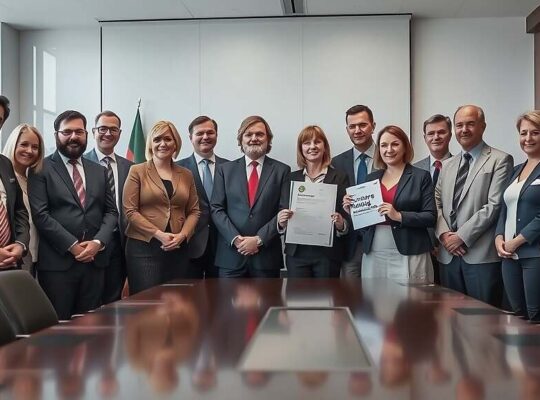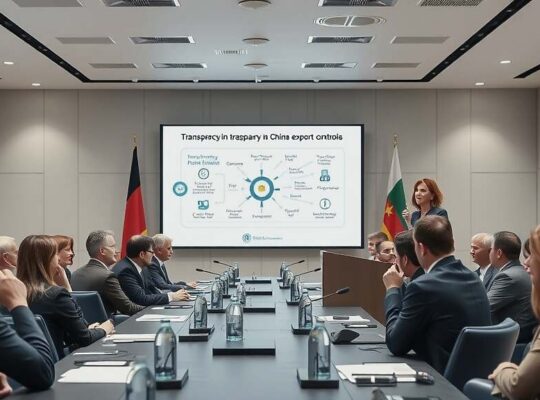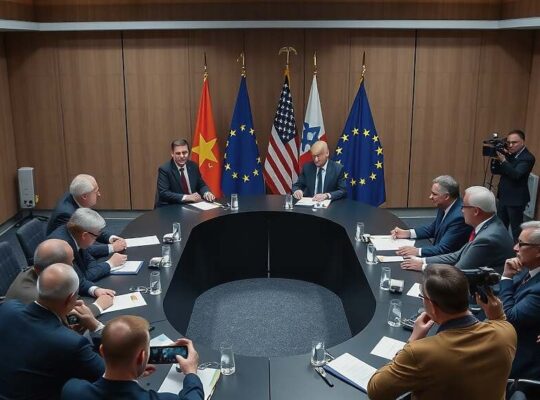The European Commission formally endorsed its annual enlargement package this week, delivering a detailed assessment of accession progress across candidate nations. Commission President Ursula von der Leyen underscored the EU’s steadfast commitment to expansion, framing a larger union as crucial for Europe’s global influence and strategic power. However, she emphasized the meritocratic nature of the process, warning that accession remains contingent on comprehensive reforms and unwavering political will.
The report highlights notable advancements from Montenegro and Albania, while acknowledging Ukraine’s resolute focus on EU integration despite the ongoing conflict with Russia. Moldova also received recognition for substantial progress. A starker picture emerged for Serbia, flagged for persistent societal polarization and a frustrating lack of reform implementation, raising serious questions about the country’s commitment to democratic principles underpinning EU membership.
Brussels’ assessment of the Western Balkans paints a complex picture. North Macedonia, Bosnia and Herzegovina and Kosovo are all urged to significantly accelerate their reform efforts to safeguard their European aspirations. The continued stagnation of accession negotiations with Turkey remains a prominent feature, with talks effectively frozen since 2018, reflecting deepening concerns about Ankara’s trajectory.
Perhaps most critically, the report expresses profound disappointment with Georgia. The Commission specifically calls for the immediate reversal of what it describes as “democratic backsliding” a direct consequence of recent political decisions that have undermined the rule of law and democratic institutions, effectively halting the country’s accession path. This rebuke underscores a growing tension within the EU regarding the balance between strategic geopolitical goals and adherence to fundamental European values, raising questions about the long-term credibility and integrity of the enlargement process itself. The package signals that enlargement is no longer simply a matter of geography, but a test of democratic resilience and a clear demonstration of unwavering ideological alignment.





